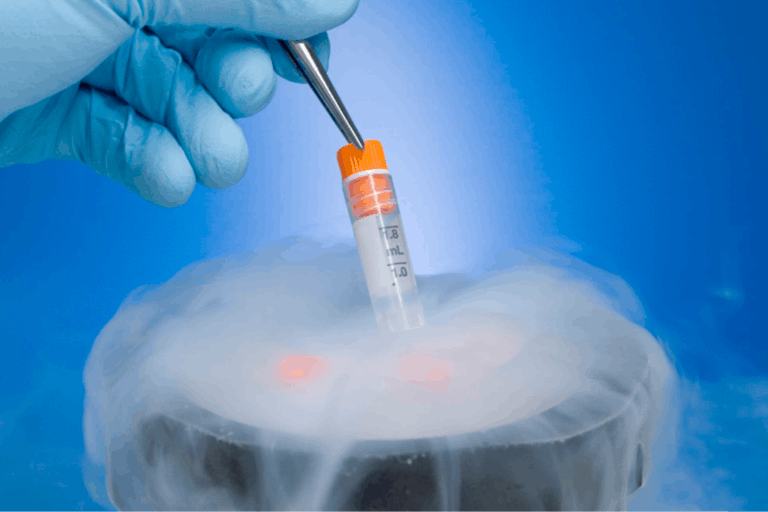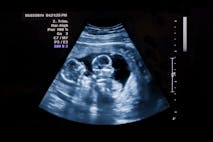
Report: Kansas abortions hit record high with 47% increase in minors
Nancy Flanders
·
Alabama Supreme Court to decide case involving ‘wrongful death’ of human embryos
A case under consideration by the Alabama Supreme Court is weighing whether or not embryos can legally be considered human beings.
Law and Crime reported that a group of six plaintiffs took their case to the state Supreme Court after a judge dismissed their lawsuit in 2022. Oral arguments in the case began this week, with the couples claiming The Center for Reproductive Medicine at the Mobile Infirmary Medical Center allowed a patient to destroy embryos — their children.
Each of the three couples had been customers at the clinic, and were able to create healthy embryos; however, some of those embryos were frozen at the facility. According to court filings, in December of 2020, a patient was somehow able to get into the clinic.
“Once inside of the clinic, that patient entered the cryogenic nursery and removed several embryos, including the embryos belonging to the [plaintiffs] from their containers,” the filing read. “Because the embryos had been stored at an extremely cold temperature, they apparently burned the patient’s hand, causing the patient to drop the embryos to the floor.”
The couples sued for negligence and wrongful death, and Mobile County Circuit Judge Jill Phillips ruled against them. Phillips agreed with the clinic’s assertion that embryos are not human beings.
“They are human embryos, but they are not human beings,” Thomas Keene, an attorney for the Alabama Medical Association said, according to Fox 10. “They do not have a beating heart.”
But as Cleveland Clinic explains, “embryo” is simply a term for a stage of human development — like fetus, baby, toddler, or teenager. At the very moment of fertilization, the preborn child already has his or her own unique, individual DNA, with traits like eye color, hair color, gender, and more already determined, and the preborn child will continue to grow and develop rapidly. Though embryos are small, they are still human beings. If these embryos had not been destroyed, and been implanted into a woman’s uterus, they would have continued developing. In addition, the human embryo’s heart begins to beat approximately three weeks after fertilization.

Under the Alabama state legislature, an “unborn child” is defined as “an individual organism of the species homo sapiens from fertilization until live birth” and “the offspring of any human person from conception until birth,” even specifying “at any stage of development, regardless of viability.”
In their filing, the clinic accused the couples of suing solely for political reasons, arguing, “Their Brief repeatedly emphasizes various politicians’ public statements regarding abortion and attempts to blur this case with recent law applying to active pregnancies and abortion rights.” They further added that the state’s definition of preborn children does not include in vitro embryos, but only those located within a woman’s uterus.
Dave Wirtes, an attorney for the couples, said that even if the wrongful death claim isn’t applicable, the negligence charge is, arguing, “What we’re advocating is, if you’re in the business of helping create embryonic children, you better also be in the business of safeguarding and protecting them.”
Live Action News is pro-life news and commentary from a pro-life perspective.
Contact editor@liveaction.org for questions, corrections, or if you are seeking permission to reprint any Live Action News content.
Guest Articles: To submit a guest article to Live Action News, email editor@liveaction.org with an attached Word document of 800-1000 words. Please also attach any photos relevant to your submission if applicable. If your submission is accepted for publication, you will be notified within three weeks. Guest articles are not compensated (see our Open License Agreement). Thank you for your interest in Live Action News!

Nancy Flanders
·
Analysis
Nancy Flanders
·
Newsbreak
Angeline Tan
·
Human Interest
Nancy Flanders
·
Issues
Nancy Flanders
·
Pop Culture
Cassy Cooke
·
Pop Culture
Cassy Cooke
·
International
Cassy Cooke
·
Analysis
Cassy Cooke
·
Analysis
Cassy Cooke
·
International
Cassy Cooke
·